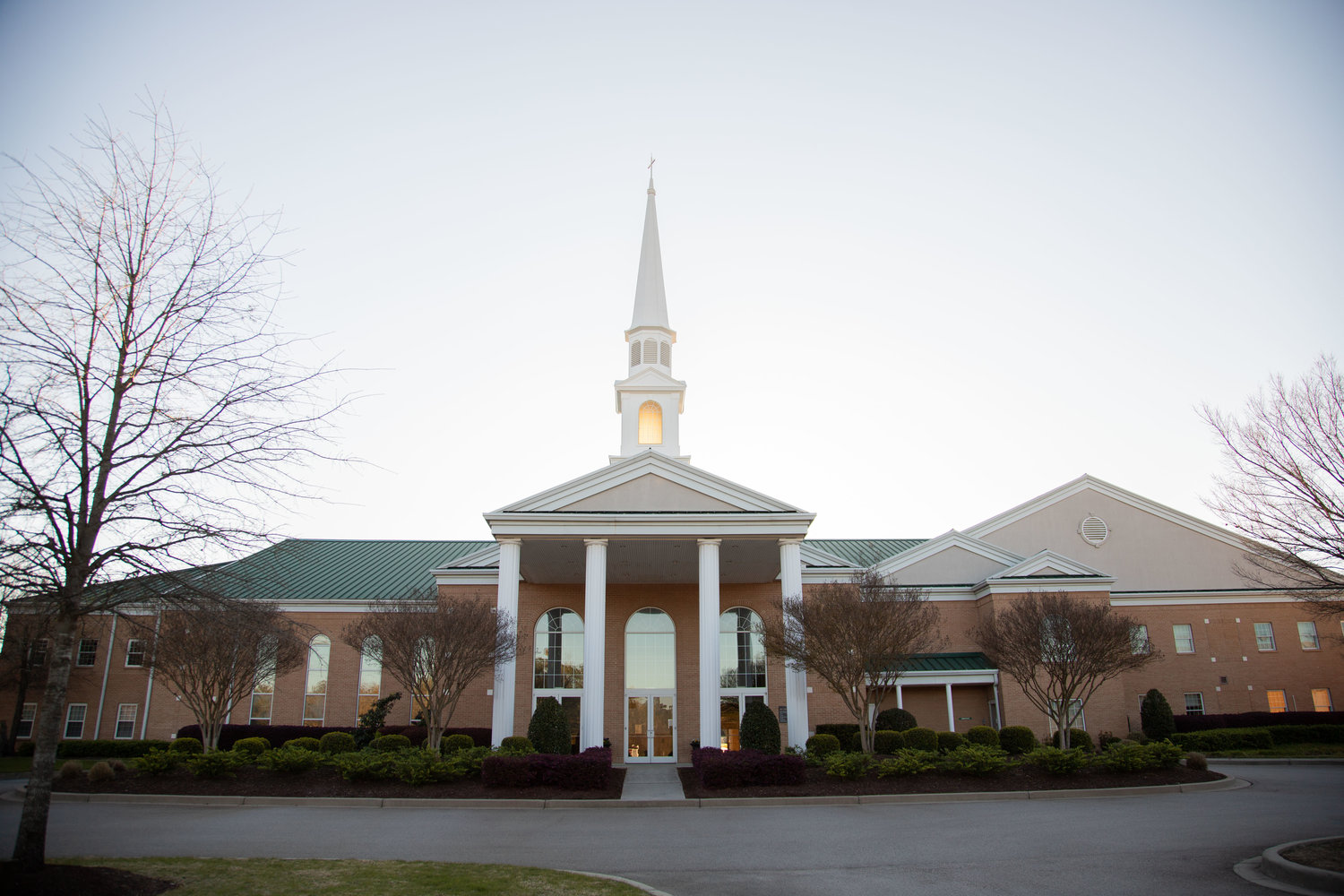Lexington’s Mt. Horeb church completes departure from Methodist denomination
South Carolina’s largest United Methodist Church has left the denomination.
This item is available in full to subscribers.
Subscribe to continue reading. Already a subscriber? Sign in
Get 50% of all subscriptions for a limited time. Subscribe today.
Please log in to continueNeed an account?
|
Lexington’s Mt. Horeb church completes departure from Methodist denomination
South Carolina’s largest United Methodist Church has left the denomination.
Mt. Horeb, located at 1205 Old Cherokee Rd. in Lexington, voted on Feb. 26 to leave the United Methodist Church denomination, with 97% of the congregation voting in favor of the departure.
According to the church’s discernment guide as to why it’s leaving the denomination, posted to its website, points to a variety of theological misalignments between Mt. Horeb and the denomination, including disagreements when it comes to sexuality.
“We believe in celibacy in singleness and fidelity in marriage, with marriage being defined between a man and woman,” the guide reads. “Mt. Horeb relies on the Scriptures and what orthodox Christians have always believed about God to guide all matters of human relations, including sexual ethics.”
The guide states that the church had until March 1 to complete the disaffiliation process before it would be unable to do so until 2024. Mt. Horeb states in the guide that it wanted to leave before potential changes in leadership and policies took place, with a majority of these changes revolving around more progressive theology and practices being implemented.
“The key to Mt. Horeb’s fruitfulness will be a direct result of our continued faithfulness to God’s Holy Word, to the Great Commandment and the Great Commission of Jesus Christ. Mt. Horeb will continue to be a church with strong Biblical convictions and compassion,” Senior Pastor Jeff Kersey is quoted in the guide. “Our mission to make, mature and mobilize disciples who magnify Jesus Christ will not change.”
According to the reporting done by Yonat Shimron of Religion News Service, the church had begun its 30-day discernment period on Jan, 9; once this period was complete, the church had to vote by March. 1, with a two-thirds majority to ratify its exit.
The South Carolina UMC website states that there are certain financial obligations that must be paid before the vote as well, including:
- A tithe equal to 10 percent of the appraised value of all church property and liquid assets
- All unpaid apportionment giving for the prior year, as well as for the year of closure up to the date of the Annual Conference vote to close the church
- An additional 12 months of apportionment giving
- All unpaid salary and benefits due to clergy appointed to the church
- A withdrawal liability equal to the church’s proportional share of any unfunded pension obligations
It is also stated that other financial and legal liabilities like dispositions of debts, loans, leases, endowments, foundations and cemeteries must be satisfied or transferred to a new entity.
Dan O’Mara, director of communications for the South Carolina Conference, told the Chronicle that connectionalism is an important part of what it means to be in the United Methodist denomination, with leaders often speaking of the denomination as “The Connection.”
“Today, our denomination continues to be organized in a ‘connectional’ system, in which every local church is linked to an interconnected network of organizations that join together in mission and ministry, allowing us to accomplish far more than any one local church or person could alone.” O’Mara said.
When a church leaves the denomination, the members can decide to continue their ministry as an independent church to affiliate with another denomination. According to the discernment guide, Mt. Horeb has not decided its affiliation pathway but looks to strengthen and advance its connection to Wesleyan Methodism.
A church who wishes to leave a denomination is welcomed to join again if its members wish to do so.
“We are focused on strengthening the churches that are remaining with the denomination, supporting and resourcing them as we have always done in The United Methodist Church,” Reverend Fran Elrod, superintendent of the Columbia Distinct of the South Carolina UMC, said in a statement.
Other items that may interest you







Comments
No comments on this item Please log in to comment by clicking here